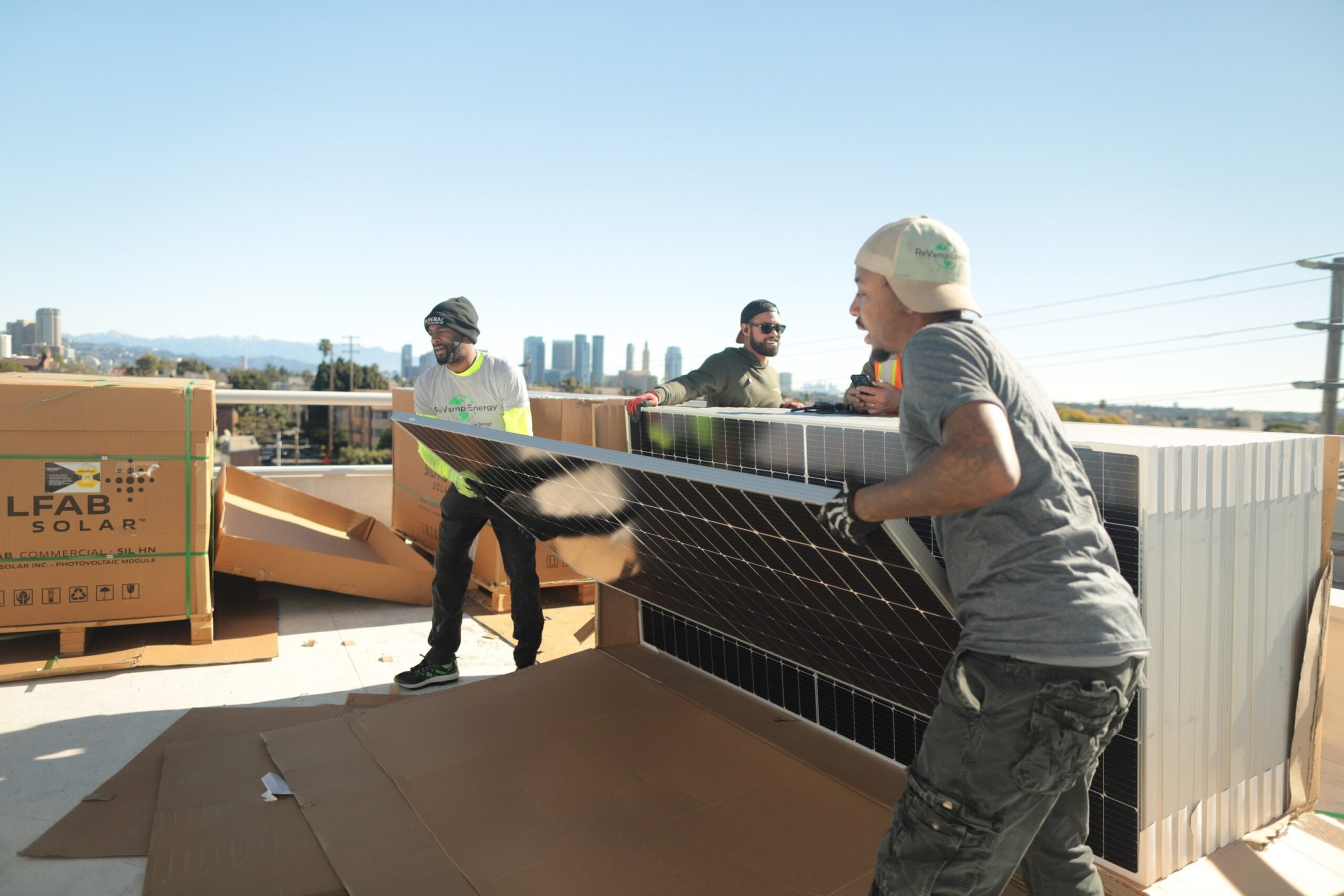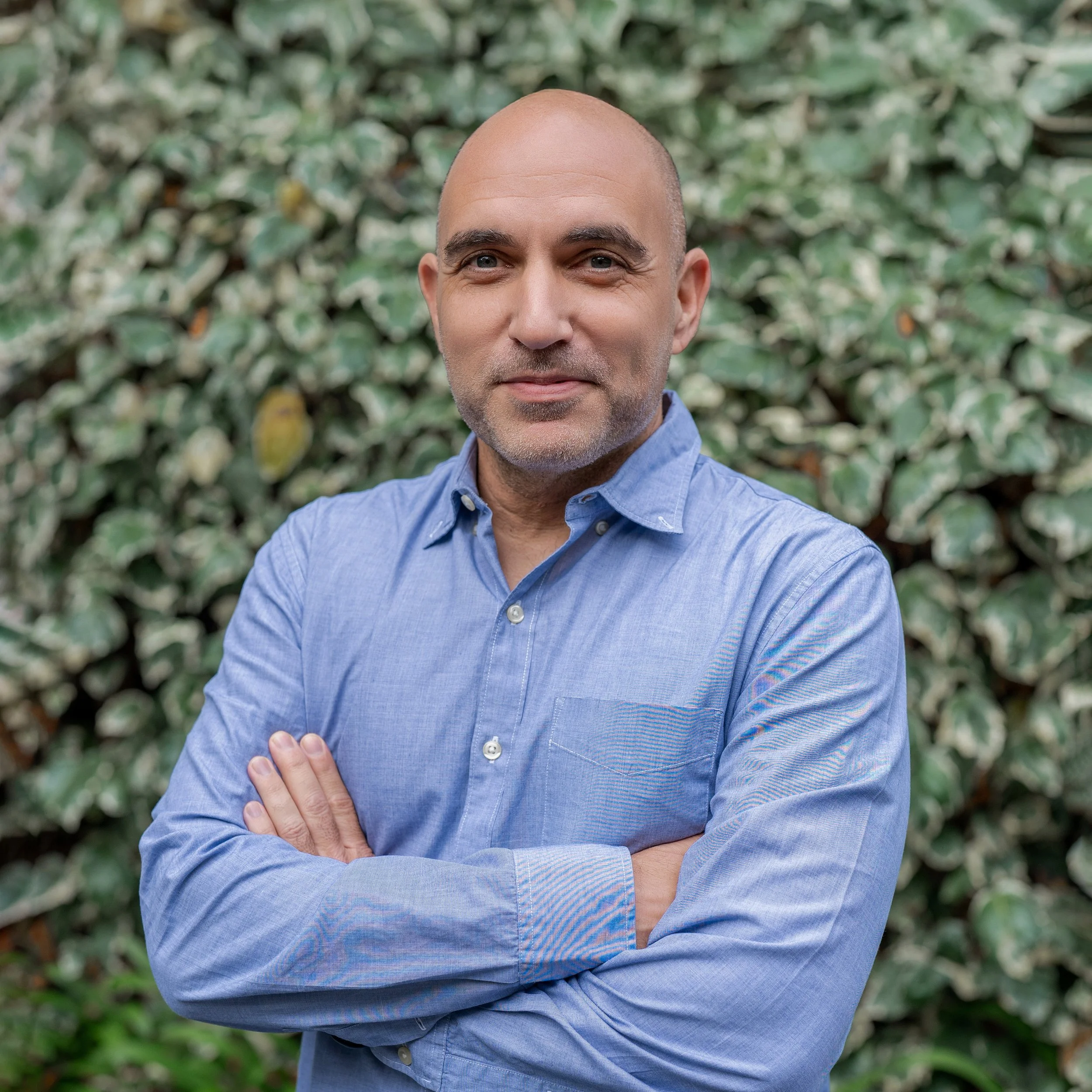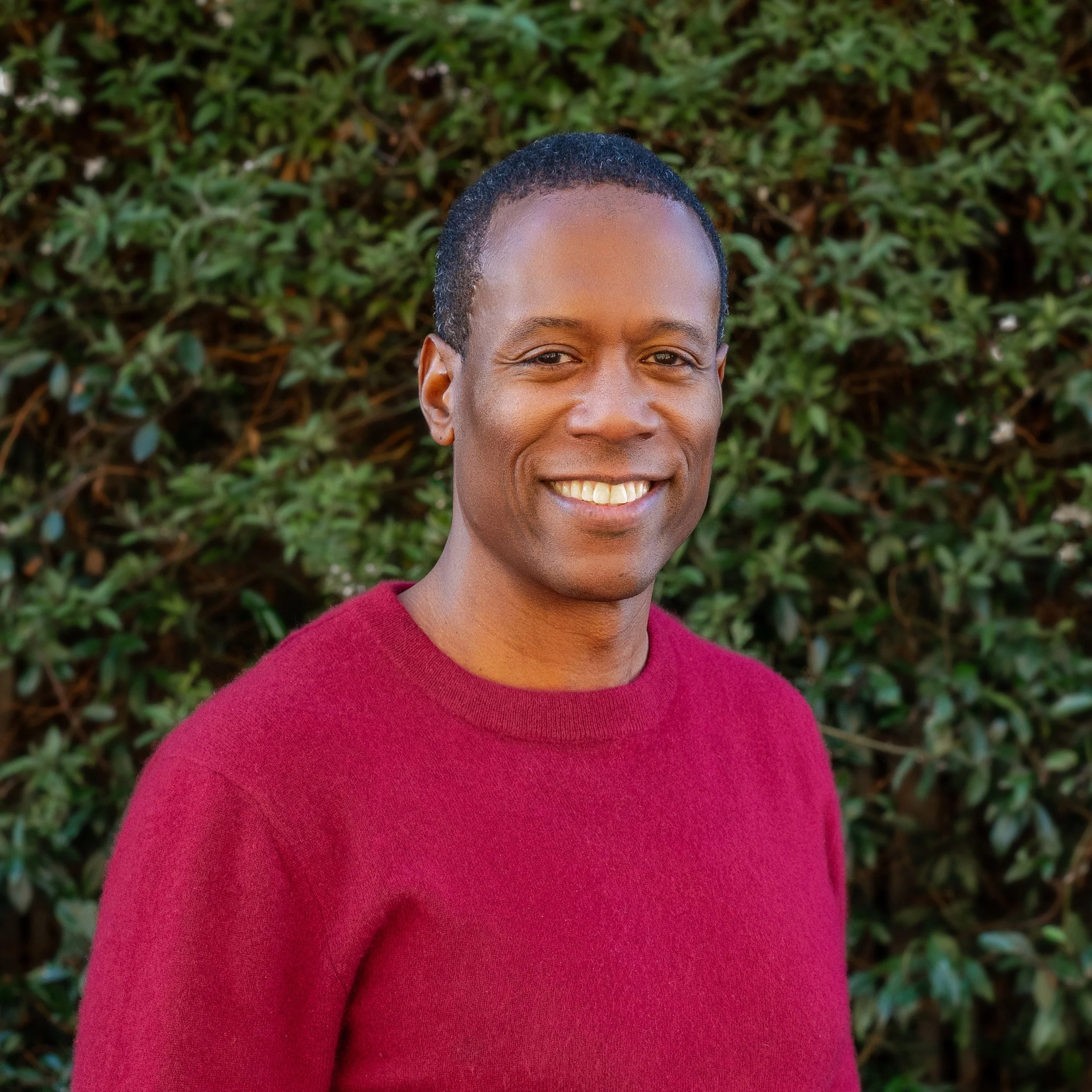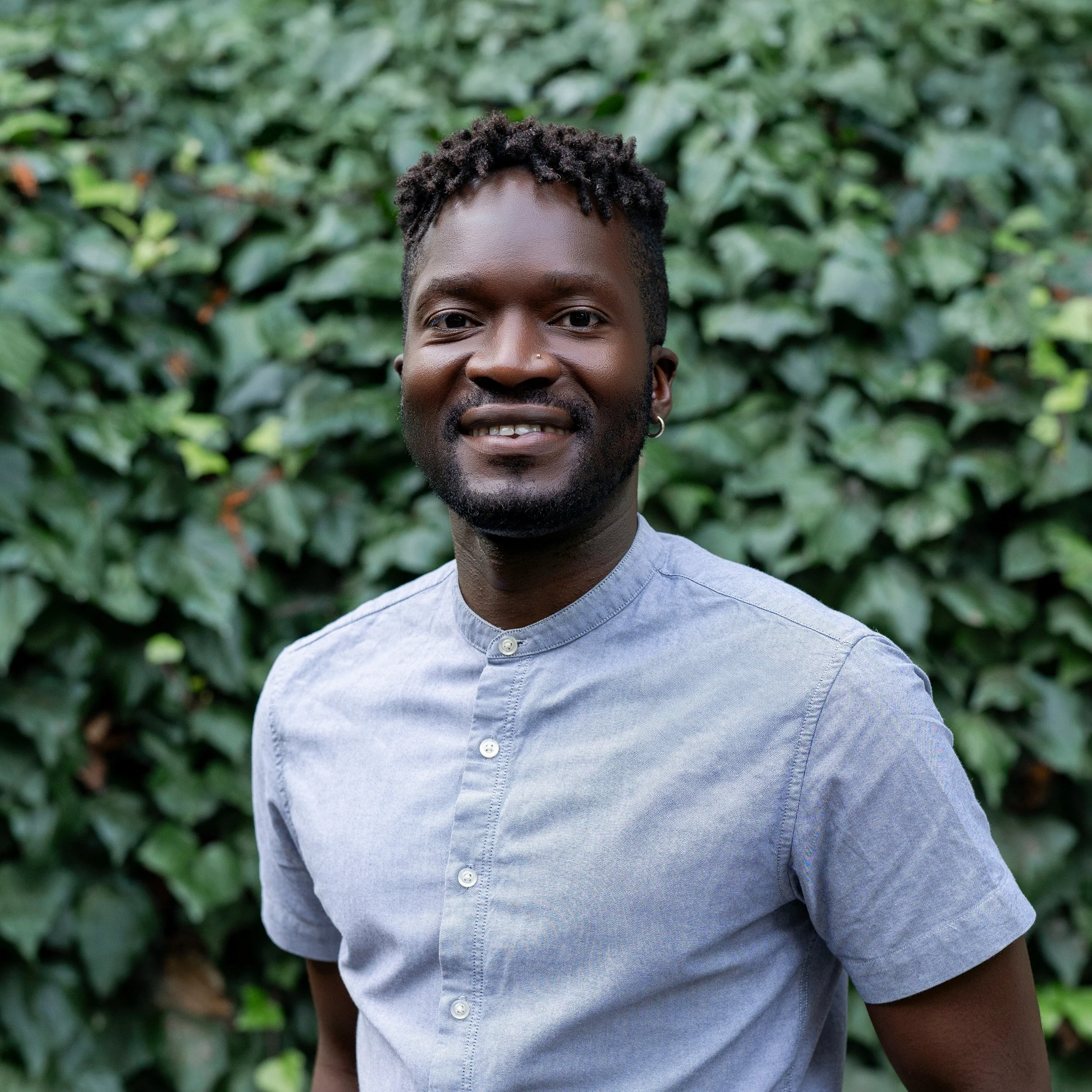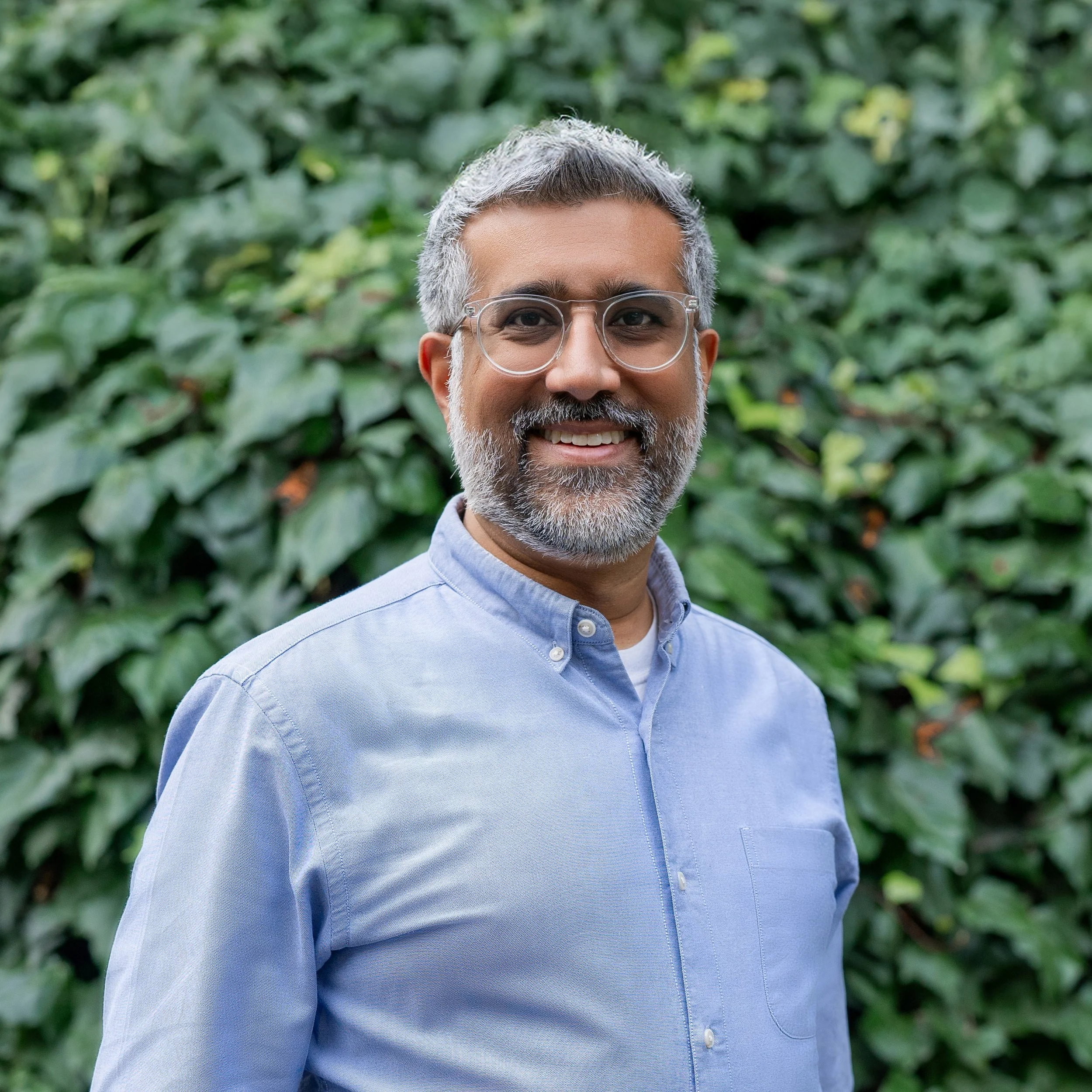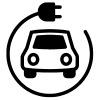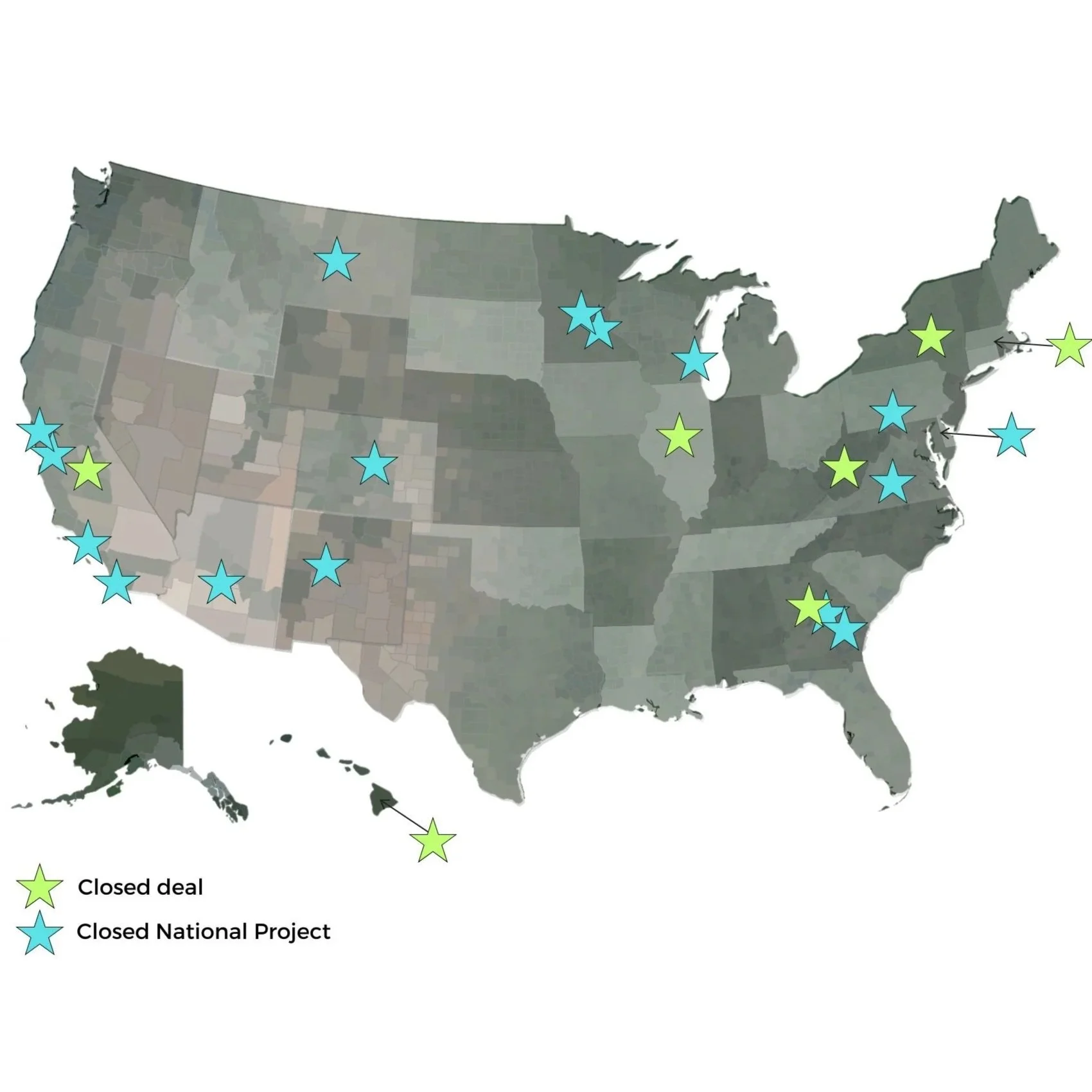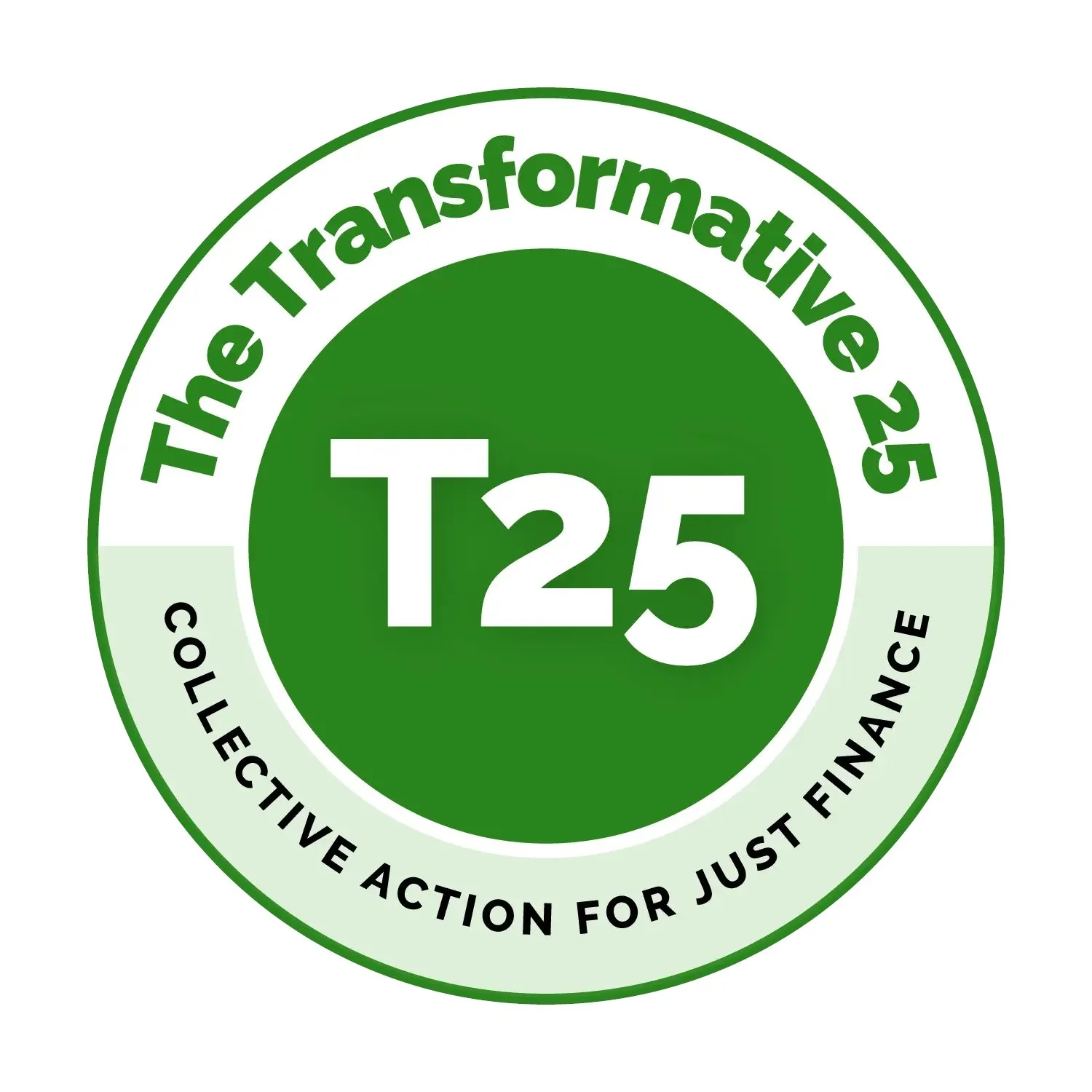Afterglow Climate Justice Fund
First launched by Candide Group in 2024, the Afterglow Climate Justice Fund is a catalytic debt vehicle which provides debt capital to expand access to and/or ownership of affordable clean energy solutions.
The debt vehicle focuses on the root causes of climate harm through an intersectional lens of racism, classism, capitalism, economic injustice, and environmental degradation.
In its initial phase, Afterglow reached $53M, providing debt capital to organizations serving communities facing persistent poverty, high energy costs, and disproportionate climate burdens. Investments supported green jobs, equitable clean energy solutions, and community-led climate resilience efforts.
Who are we?
The Afterglow team has over 59 years of combined climate investment experience.
What kind of communities and projects does Afterglow serve?
Impact map of deployed dollars
Eligible projects include, but are not limited to:
locally owned and/or developed clean energy, reducing energy burdens for communities
zero-emission vehicles and charging infrastructure, reducing fuel costs for low-income drivers
battery storage to improve community resilience to blackouts and rising costs
Afterglow’s Financing Solutions
We support projects throughout the development life cycle:
Pre-construction loans — loans to cover pre-development costs such as engineering, permitting and interconnection, typically repaid once construction begins (NTP)
Construction loans — revolving loans to cover construction costs, typically repaid by permanent debt and tax equity at project completion (PTO) and re-invested to fund additional projects
Permanent loans — 5-7 year debt for completed, operational projects
Re-Volv is an Afterglow borrower. The information contained in the video is considered current as of the date of original publication, Sept 2, 2025 and is subject to change without notice.
Selected Portfolio Company Spotlights

Dollaride is a New York-based company established to electrify fleet vehicles in transit deserts, starting with New York City’s so-called “dollar vans”, an informal transit network that serves more than 100,000 riders daily in the outer boroughs of New York City (Queens and Brooklyn). Dollaride’s $3.3m loan from Afterglow will allow the company to pay for pre-development and project expenses, mainly the down payments for up to 102 electric commuter vehicles and an equal number of charging stations to support those vehicles.
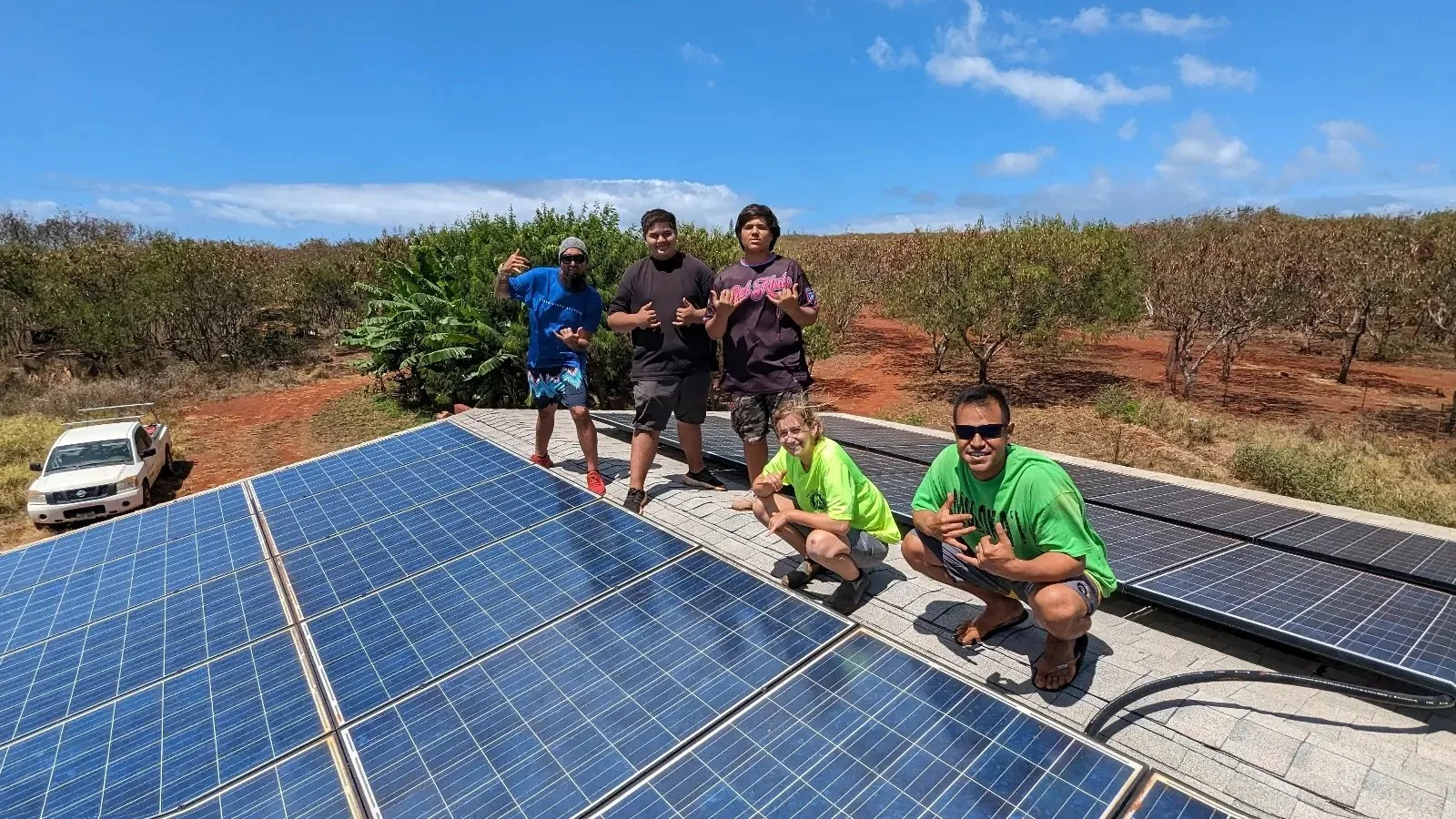
Ho'ahu Energy Cooperative Molokai (HECM) is a community-owned and managed energy cooperative whose profits are shared with its subscribers and vested toward community ownership of its projects. The cooperative, located on the island of Moloka’i, is committed to pioneering energy solutions that foster sovereignty and justice within the island’s rural community. Afterglow’s $3M predevelopment loan will help HECM pay for permits, complete power systems modeling and design, and engineering studies, and make initial equipment deposits for HECM’s first community solar array. The project will increase access to solar by allowing local Molokai residents who face energy costs three times the national average to save at least 20% on their energy bills.

Capital Good Fund (CGF) is a nonprofit Community Development Financial Institution (CDFI) headquartered in Providence, RI. Afterglow’s $3M loan helped CGF launch the Georgia BRIGHT Solar Communities (Georgia BRIGHT), a solar lease financing pilot that targets Georgia nonprofit customers and mission-aligned entities, such as for-profit affordable housing developers, who want to reduce their energy bills and enhance their energy resiliency in the case of weather outages or other blackouts.
Thought Leadership + Partnerships
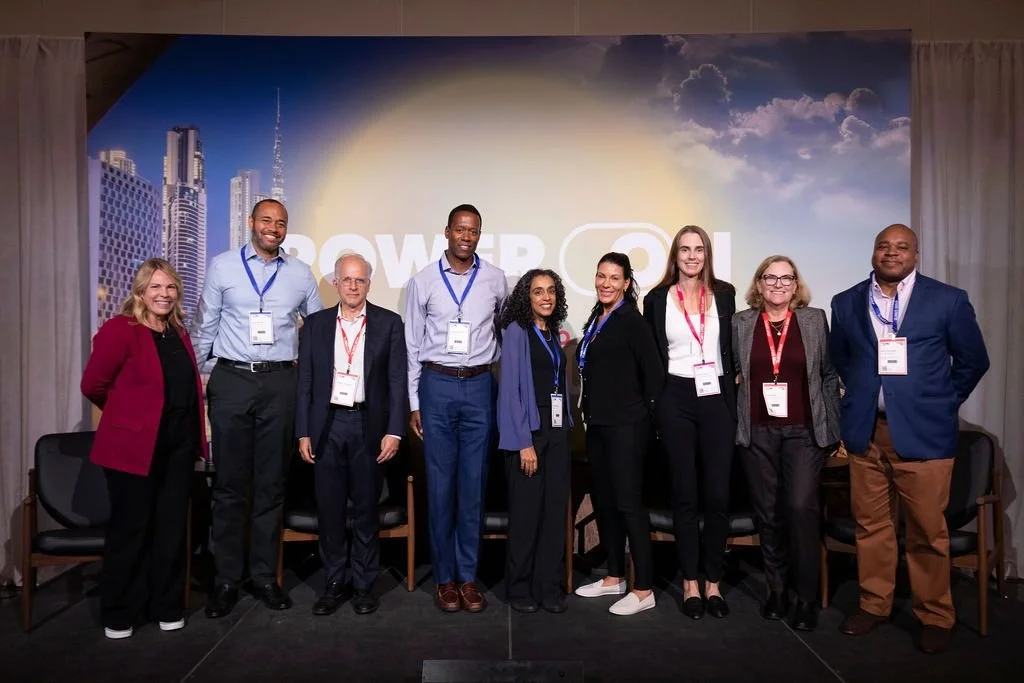
CEO George Ashton III spoke at NYC Climate Week 2025, presenting the work Afterglow is already doing in the world!
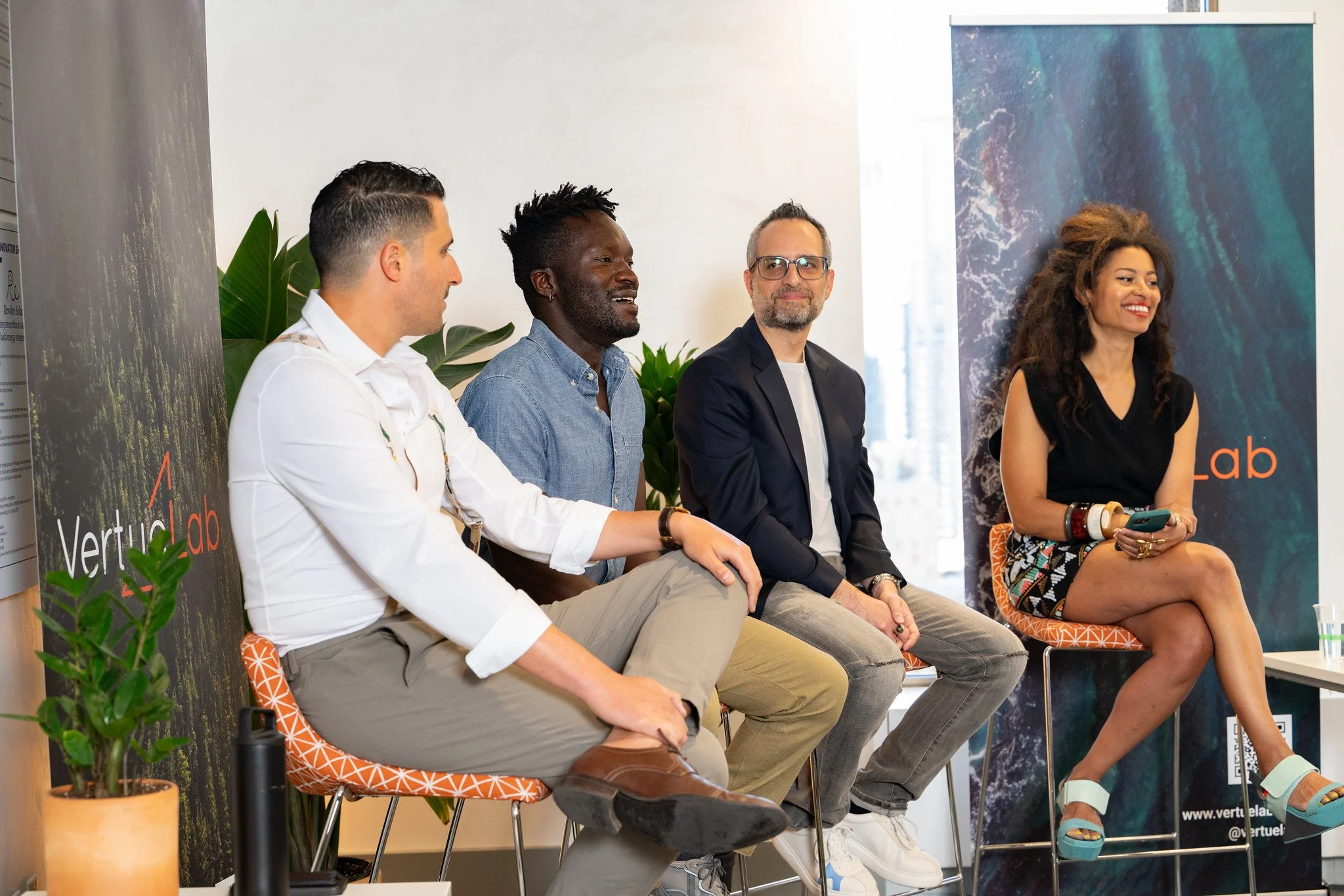
Afterglow Investment Manager James Pippim presented on a panel for VertueLab at PNW Climate Week 2025 alongside Afterglow CAB member Aina Abiodun who moderated the panel.
In 2024, Afterglow was selected for the Transformative 25 (T25) List of community-rooted funds, banks and financial initiatives supporting the flow of capital toward social, environmental and economic justice (Disclaimer: Selected for calendar year 2024, Candide Group was notified of selection May 2024).
FAQs
-
The fund’s title is inspired by the book Afterglow: Climate Fiction for Future Ancestors, a compilation of short stories offering sobering, yet hopeful, visions of a future where those most harmed by climate change are surviving and thriving. We encourage you to check out the book and get your own copy here*!
-
Afterglow has currently raised $53M. If you’d like to learn more, please contact us.
-
Afterglow seeks a just transition to a regenerative economy. This work is grounded in three core concepts developed by climate movement leadership. Together, they help clarify and refine our goals with our work.
• Climate Justice focuses on the root causes of the climate crisis through an intersectional lens of racism, classism, capitalism, economic injustice, and environmental harm.
• Just Transition is a framework for unifying place-based practices that build economic and political power to shift from an extractive economy to a Regenerative Economy.
• A Regenerative Economy is based on ecological restoration, community protection, equitable partnerships, justice, and full and fair participatory processes.
-
To center community in our decision-making process, the fund established a formal Community Advisory Board (CAB). From inception, the CAB shapes how and who the Afterglow invests, advising on strategy, credit decisions, and climate justice approaches. The CAB consists of leaders across lived experiences related to climate justice, race, gender, class, age, sexual orientation, and region.
Two members of the CAB will serve on the Credit Committee for each deal based on expertise, capacity, and interest. The vehicles’s two Managing Directors and an additional external advisor also sit on the Credit Committee. The credit committee analyzes and subsequently approves or rejects loans. CAB members will rotate on the Credit Committee to allow for a balanced distribution of responsibilities and learning opportunities. The committee ensures that the loan meets Afterglow’s lending policy and will achieve the fund’s climate justice mission. The Credit Committee conducts deal pre-screens and credit memo reviews for loans conducive to portfolio development. The CAB members have a veto vote: no loans can be made without their consent.
